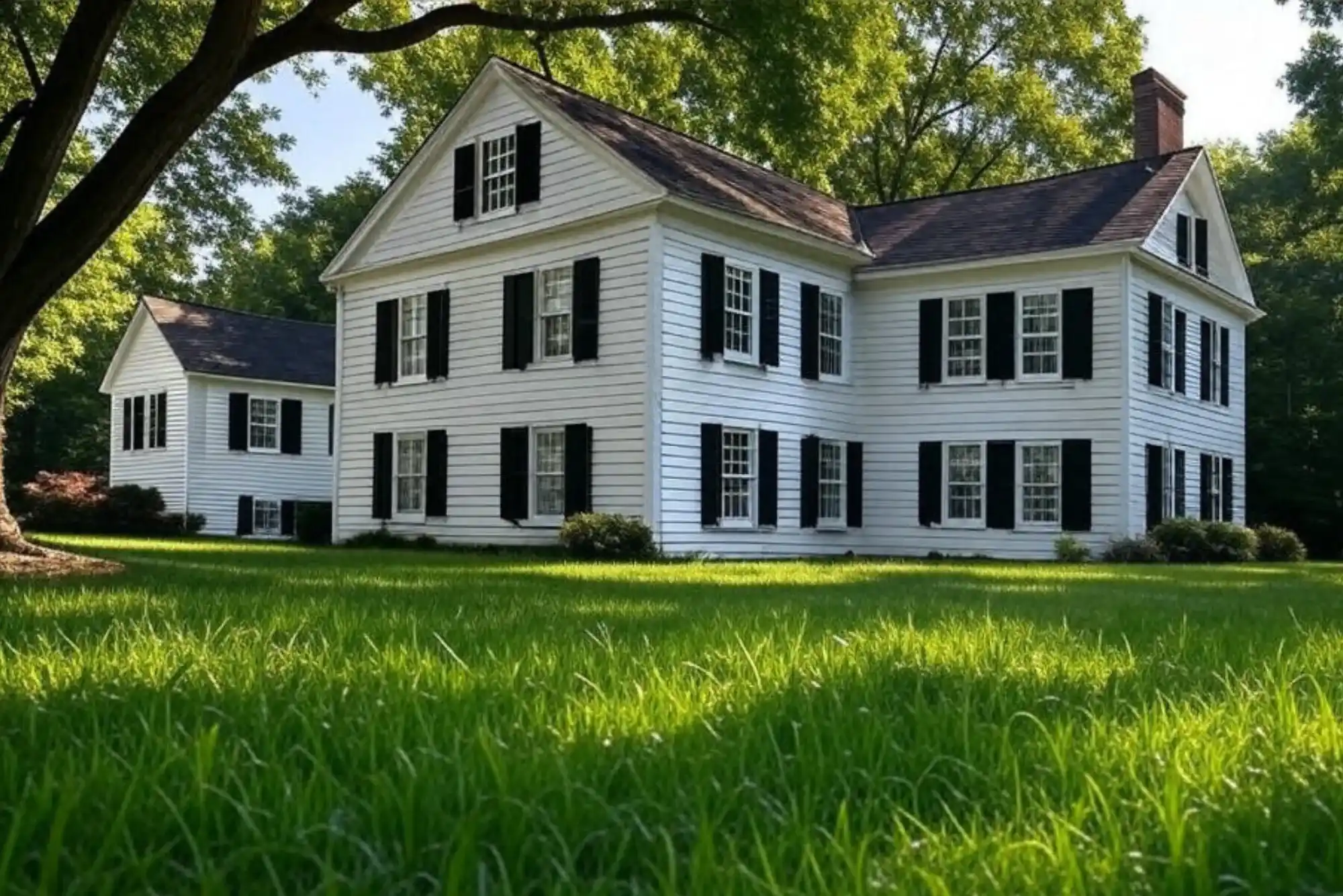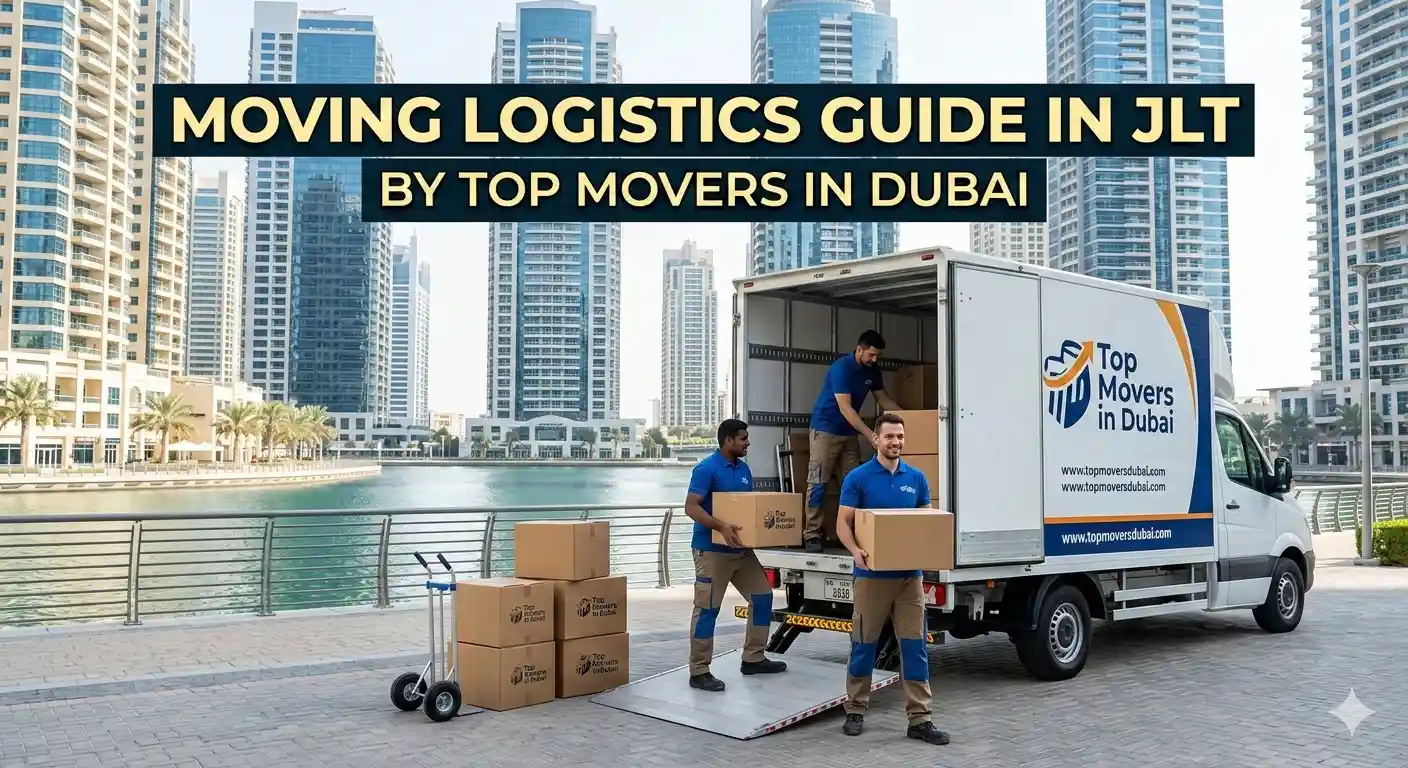When you’re diving into real estate—whether buying a home, investing in property, or simply exploring market trends—you’ll likely encounter terms like “freehold” and “leasehold.” These aren’t just legal jargon; they fundamentally define what you’re getting when you invest in property. So, what does freehold property actually mean, and why is it such a significant term in the property world?
Let’s break it down from both a practical and professional perspective to understand why freehold properties, especially those developed by trusted companies like Imkan Properties, are gaining increasing popularity.
The Definition of Freehold Property
In the simplest terms, a freehold property is one where the buyer owns the building and the land it sits on for an unlimited period. Ownership is absolute and indefinite. This contrasts with leasehold property, where you might own the building but lease the land for a set number of years—commonly 99 or 125 years depending on the local regulations.
With a freehold, you have complete control over your asset. You can renovate it, sell it, or pass it on to your heirs without having to renew any lease agreements. You’re also responsible for maintaining it, but that’s often seen as a fair trade-off for the sense of permanence and autonomy that comes with full ownership.
In many parts of the world, especially in Western property markets, freehold is considered the gold standard of real estate ownership. In the UAE and parts of the Gulf region, the concept has evolved significantly over the last few decades—opening doors for foreign ownership in certain freehold zones.
Why Freehold Property Matters
Ownership equals empowerment. When you buy a freehold property, you’re not just purchasing space; you’re securing long-term stability and often a better return on investment. Freehold properties tend to appreciate in value more consistently because they offer full rights to the owner without the complications of a lease expiry.
Many real estate experts view freehold as a more secure and profitable option, especially for buyers looking for a long-term hold. Think of it this way: with a leasehold, you’re somewhat renting long-term. With a freehold, you’re truly building generational wealth.
The Evolution of Freehold in the UAE
Freehold property in the UAE, particularly in cities like Abu Dhabi and Dubai, wasn’t always available to expatriates. Traditionally, only UAE nationals could own land outright. However, that changed in the early 2000s when reforms allowed foreigners to buy freehold properties in designated areas.
This opened the floodgates to international investment and brought about a surge in property development, much of it led by forward-thinking developers like Imkan Properties.
Imkan Properties: A Key Player in Freehold Real Estate
If you’ve explored the UAE’s luxury or mid-market property landscape, chances are you’ve come across Imkan Properties. Headquartered in Abu Dhabi, Imkan is known for creating integrated communities that reflect modern living standards and cultural sensitivities.
What sets Imkan apart is its human-centric approach to development. Their freehold projects are designed not just as buildings, but as living, breathing environments where communities thrive. Whether it’s the artistic flair of AlJurf or the sustainable vision of Makers District, Imkan’s freehold developments emphasize long-term value and lifestyle integration.
For anyone considering buying a freehold property, developers like Imkan are worth watching—not just because of their reputation, but because of the unique blend of architecture, community, and planning they bring to the table.
Benefits of Buying Freehold from Reputable Developers
One of the concerns many buyers have, especially first-time investors, is whether the freehold tag guarantees quality. The truth is, while the title grants ownership, it doesn’t automatically ensure the development’s standards. That’s why partnering with a reputable developer like Imkan is so crucial.
When you buy a freehold property developed by a trusted name, you get peace of mind that your asset is part of a well-planned, properly maintained, and future-ready community. That matters, especially if you’re looking to rent out the property or resell it down the line.
Freehold vs Leasehold: Real-Life Considerations
Let’s consider a practical example. Imagine two buyers in Abu Dhabi. One purchases a leasehold apartment in a central location. They enjoy the benefits of city living, but their lease agreement restricts major renovations. They’re also concerned about renewing their lease when it expires in 99 years—or sooner, if sub-leases are involved.
The second buyer chooses a freehold villa developed by Imkan in a tranquil, gated community. Not only do they own the land, but they can also redesign their outdoor space, add a private pool, or even extend part of the house (subject to municipal approval). They also rest easy knowing their children can inherit the property without complex legal proceedings.
This kind of real-world comparison shows why freehold ownership is increasingly favored among long-term investors and end-users alike.
Legal Framework and Ownership Rights
In jurisdictions like the UAE, freehold ownership comes with solid legal backing. Buyers receive a title deed issued by the land department of the respective emirate, confirming full ownership. This is essential when seeking mortgage financing, reselling the property, or dealing with inheritance.
However, it’s important to consult legal advisors when purchasing freehold—especially if you’re a foreigner. While the rights are substantial, every emirate has its own rules regarding which areas are designated for foreign freehold ownership. In Abu Dhabi, for instance, foreign buyers can own freehold property in specific investment zones.
Imkan has made this process easier for international buyers by focusing on zones where freehold rights are guaranteed and transparent.
How Freehold Affects Long-Term Investment Strategy
If you’re thinking of real estate as part of your broader financial strategy, freehold properties offer a dependable foundation. With no lease to worry about, you can hold the asset indefinitely, lease it for income, or develop it further for resale.
Freehold properties also tend to be more attractive to banks when you’re applying for financing. Lenders see them as lower-risk because they retain value over time and don’t depreciate due to lease terms running out.
Developers like Imkan often structure their freehold projects with long-term growth in mind, which means infrastructure, accessibility, and lifestyle amenities are built into the plan. This not only enhances day-to-day living but also boosts the property’s resale and rental value.
Should You Buy a Freehold Property?
The answer depends on your goals. If you’re looking for short-term residence, leasehold might seem more affordable. But if you’re aiming for long-term stability, wealth generation, and full ownership, freehold is the better path.
For expats in the UAE or international investors interested in the Middle East, now is a promising time. The UAE continues to expand its freehold zones and attract developers who prioritize transparency and quality—like Imkan Properties.
Before you buy, do your research. Look into the developer’s track record, check the legal status of the property, and get professional advice on financing. But above all, understand what it means to own something outright. It’s not just about bricks and land; it’s about security, control, and long-term vision.
Final Thoughts
Understanding the meaning of freehold property can transform how you approach real estate. It’s more than a legal distinction—it’s a lifestyle and investment decision that reflects your long-term priorities.
With developers like Imkan Properties leading the way in creating sustainable, forward-thinking communities, buyers now have access to high-quality freehold options that go beyond mere ownership. They offer homes that are part of something larger: a vision for better living.
Whether you’re a first-time buyer, a seasoned investor, or simply curious about the real estate market, knowing the difference between freehold and leasehold—and recognizing the role of credible developers—can help you make more informed and confident decisions.





